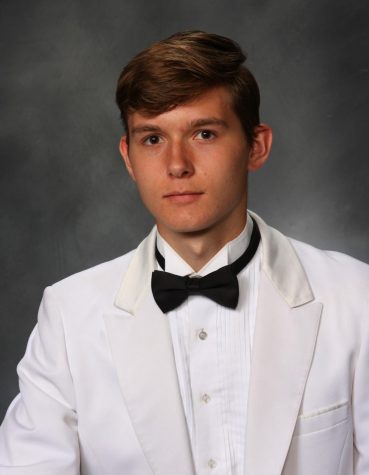Maximum Effort of the Soul
March 28, 2020

Clang….Clang….. An old church bell, hoisted up by worn-out rope into the towering heights of the second story chapel — a great monument above the tattered sheet metal and concrete houses that surrounded it — rang out. This was not the start of a Mass, or even a small communion.
As the bell’s echo floated off into the crowded neighborhood, children began to run out of their houses and gather at the iron gate of the chapel. All five trickled into our courtyard, their faces smudged with dirt and opal eyes shining brilliantly. One of them held a soccer ball; they were here to play.
The teams were set: all five of them against me, a window-faced American and a girl from the Argentine high school I was attending. But before I could protest the injustice, the ball was in the back of the net, or rather, the ball was past the two metal lawn chairs set up as goal posts. Five goals later, and completely out of breath, I wondered how much better I had fared from last week.
“A slight improvement,” I thought to myself.
For the rest of the month, I would be in San Miguel, Argentina, on an exchange program Trinity High School offered. And every week I would be here, amid the decrepit, decaying plaster walls of the courtyard, playing with the neighborhood kids. To them, a reprieve from their daily lives, and for me, “pastoral” service.
“Idle thought is thinking, in order to do nothing; thinking too much about what has been done, and not about what should be done. What’s done is done, and there is nothing worse than feeling remorse without a cure.” Although Miguel de Unamuno fought an internal struggle over his faith, his words in the nivola “San Manuel Bueno, Mártir” are profoundly Catholic.
To live without doing, without serving, is hardly living at all. Predominantly, a Catholic education at Trinity has imparted the importance of service. From the textbooks in our theology classes, to school gatherings, to soup kitchen volunteering, to mission trips, the greatest message I have learned is one not only Catholic, but essentially human. We are born to do — to make, to help our neighbors and even our enemies.
As I prepare to graduate and leave the world at Trinity behind me, memories, lessons, friends and teachers will not be forgotten. When I walked into Trinity’s cafeteria as a freshman and looked up at our school’s green banner adorned with the Latin phrase “Maximo Animi Adore,” I did not have the slightest idea what those words truly meant.
Now, after hearing it repeated at school Masses and team prayers, and before difficult biology tests, I can finally grasp its significance. The point of a Catholic education isn’t what can be done in four years of high school but what can be carried on the remainder of one’s life.
Maximo Animi Adore — with maximum effort of the soul!

